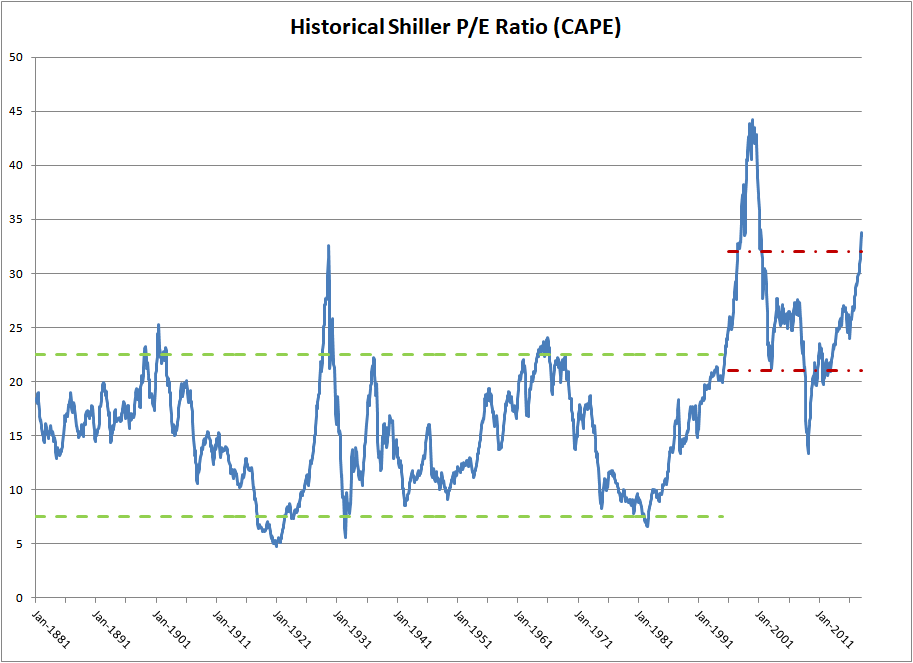Real Estate Market Crisis: Impact On Home Sales

Table of Contents
Rising Interest Rates: A Major Culprit
Increased interest rates are a primary driver of the current real estate market crisis. They directly affect mortgage affordability and purchasing power, significantly impacting the number of homes sold. Higher interest rates translate to higher monthly mortgage payments, reducing the number of potential buyers who can afford to purchase a home.
- Higher monthly payments reduce the number of potential buyers. A small increase in interest rates can dramatically increase the monthly payment, pushing many potential buyers out of the market.
- Increased borrowing costs discourage buyers from entering the market. The prospect of higher interest rates leads many potential buyers to postpone their purchase decisions, creating a chilling effect on demand.
- Impact on first-time homebuyers is especially significant. First-time homebuyers, often relying on smaller down payments and tighter budgets, are the most vulnerable to interest rate hikes.
- Shift in demand towards more affordable housing options. As affordability decreases, buyers are forced to look at smaller homes, less desirable locations, or compromise on their wish lists.
The Federal Reserve's recent interest rate hikes, for example, have already shown a correlation with decreased home sales in many regions of the United States. Reports from the National Association of Realtors show a significant slowdown in sales compared to the previous year. Similar trends are observable in other countries experiencing interest rate increases, highlighting the global nature of this real estate market crisis.
Inflation's Eroding Purchasing Power
Inflation further exacerbates the real estate market crisis by eroding consumer spending power. Rising prices for everyday goods and services reduce the disposable income available to potential homebuyers. This means less money is left for a down payment, closing costs, and ongoing mortgage payments.
- Increased cost of living reduces disposable income for potential buyers. Higher grocery bills, gas prices, and utility costs leave less money for significant purchases like a home.
- Higher prices for building materials increase the cost of new homes. The cost of lumber, concrete, and other materials has skyrocketed, making new construction more expensive and less accessible.
- Impact on affordability, even with existing homes. Inflation affects the overall cost of living, reducing the affordability of existing homes even if prices remain stagnant.
- Reduced consumer confidence impacting buying decisions. When consumers feel uncertain about the future economy, they are less likely to make large purchases like homes.
Statistics show a strong correlation between inflation rates and decreased home sales. For instance, countries with higher inflation rates often experience a more significant drop in home sales compared to those with lower inflation. The increased cost of everyday goods directly impacts a buyer's ability to afford a home, highlighting a key element of this real estate market crisis.
Economic Uncertainty and Buyer Hesitation
Economic uncertainty significantly impacts buyer confidence and contributes heavily to the real estate market crisis. Fears of job losses, recession, and general financial instability make potential homebuyers hesitant to commit to a large financial investment.
- Fear of job losses and financial instability reduces buying confidence. Economic downturns increase the perceived risk of losing income and the inability to meet mortgage payments.
- Uncertainty about future interest rate hikes creates a wait-and-see approach. Buyers may delay purchases hoping for better interest rates or a more stable economic climate.
- Potential for further market corrections makes buyers more cautious. The fear of further price drops in the real estate market encourages a wait-and-see approach, further reducing demand.
- Impact on investor activity in the real estate market. Investors, sensitive to market fluctuations, are also pulling back, contributing to decreased demand.
Recessionary fears are palpable, influencing consumer sentiment and directly impacting home sales data. The uncertainty surrounding future economic conditions is creating a cautious environment, impacting all segments of the market, from luxury homes to affordable housing.
The Impact on Home Prices
The real estate market crisis is creating a complex interplay of forces affecting home prices. While some areas might see price decreases due to reduced demand, other locations with high demand might still experience price increases.
- Potential for a market correction and price decreases in some areas. Reduced buyer demand in certain markets can lead to a decrease in home prices.
- High demand in certain areas might still keep prices elevated. Areas with limited inventory or high desirability may still see prices remain relatively stable or even increase slightly.
- Impact on seller's market versus buyer's market dynamics. The crisis is shifting the balance of power, potentially moving some markets from a seller's market towards a buyer's market.
Data analyzing price changes across various locations and property types shows a mixed picture. While some areas are experiencing price drops, others are seeing more modest changes, reflecting the localized nature of this real estate market crisis.
Conclusion
The real estate market crisis is undeniably impacting home sales globally. Rising interest rates, inflation, and economic uncertainty are creating a complex and challenging environment for both buyers and sellers. Understanding these interconnected factors is crucial for navigating this turbulent period. To stay informed about the evolving real estate market crisis and its effects on home sales, continue monitoring economic indicators and market trends. Consult with real estate professionals for personalized advice and to make informed decisions in this dynamic environment.

Featured Posts
-
 The Canadian Economy Under Trumps Trade War 8 Indicators To Watch
May 30, 2025
The Canadian Economy Under Trumps Trade War 8 Indicators To Watch
May 30, 2025 -
 Metallica Announces 2026 Dublin Shows Aviva Stadium Double Header
May 30, 2025
Metallica Announces 2026 Dublin Shows Aviva Stadium Double Header
May 30, 2025 -
 Impact Of Dmpss New District Wide Cell Phone Policy
May 30, 2025
Impact Of Dmpss New District Wide Cell Phone Policy
May 30, 2025 -
 New Selena Gomez Song A Potential Top 10 Hit Before Official Release
May 30, 2025
New Selena Gomez Song A Potential Top 10 Hit Before Official Release
May 30, 2025 -
 Understanding Stock Market Valuations Bof As Perspective And Investor Reassurance
May 30, 2025
Understanding Stock Market Valuations Bof As Perspective And Investor Reassurance
May 30, 2025
